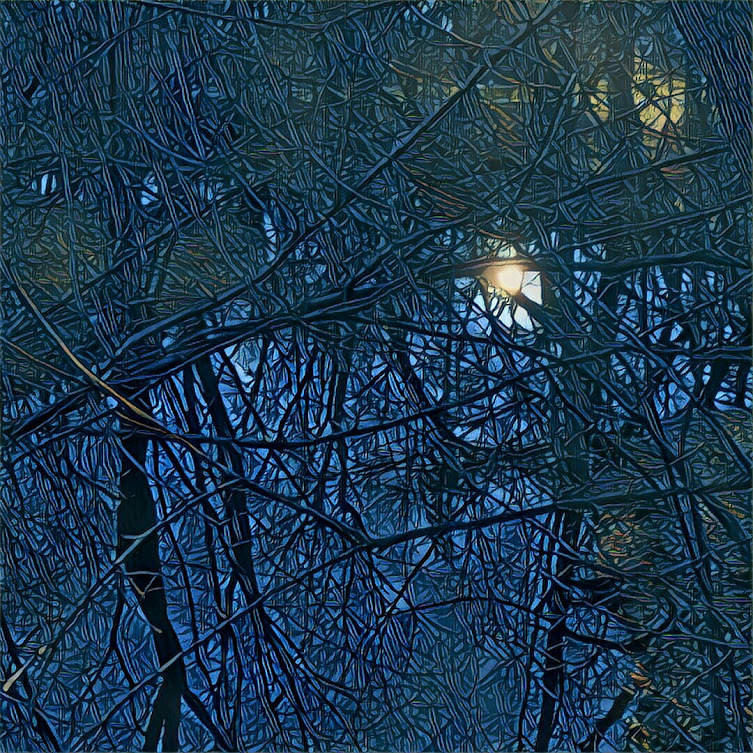In the stories, a traveler returning to mortal earth with a
pocketful of fairy gold stolen from the Otherworld is always dismayed to find that his
treasure, in tricksterish fashion, has undergone a transformation into yellow
gorse flowers, or golden leaves.
I wonder if this story-germ was born out of human encounters
with the transient beauty of the natural world and its creatures? People must
always have tried to steal away a bit of its beauty for themselves, secreting
away some glowing wild-rose or bright pebble plucked from a stream—only to find
next morning that the beauty they’d sought to possess and preserve had faded to
dullness, its magic lost. Fairy gold.
Maybe humans yearned for beauty that would stay, so they
began to create beauty of their own; fashioning ornaments of gold, weaving
cloth rich with woad-blue and rose madder. Unchanging, relatively permanent
objects that could perhaps echo nature’s glory yet maintain their shining life,
even when locked away in a treasure house or buried in a tomb for long
centuries.
Anyway. What I’m getting at is how intrinsic this
shapeshifting impermanence is to beauty’s sheer poignance, the way it can seem to pierce the heart and crack it open. Is it because the flip-side of
our yearning for beauty seems to be our grief for its inevitable loss? ”So dawn
goes down to day./Nothing gold can stay,” wrote Robert Frost (and as everyone who's ever read The Outsiders will remember).
In another beautifully melancholy poem, Gerard Manley Hopkins calls loss "the blight man was born for," and tells a young child (and the rest of us) that our own mortality is reflected in the wild life of the leaves, and it is really for ourselves and our loved ones we mourn when we experience grief at the dying of a season.
This idea isn't unique to the West, either...the Japanese aesthetic of wabi-sabi finds true
beauty in the impermanent and imperfect, which can fill us with spiritual longing
or a sense of melancholy. But it also
may fill us with peace, because of its authenticity and essential truth about our mortal existence....
These are the thoughts I was thinking, as I saw that the rich, shining brown oak leaves I’d
gathered from the ground one day had lost their luster the next; now bewilderingly flat
and lifeless as grocery bags. Almost as if
I’d caged a bird for its song, only to render it mute; a pale reflection of its
wild and joyful self. Holding onto what cannot be captured, only felt.





No comments:
Post a Comment